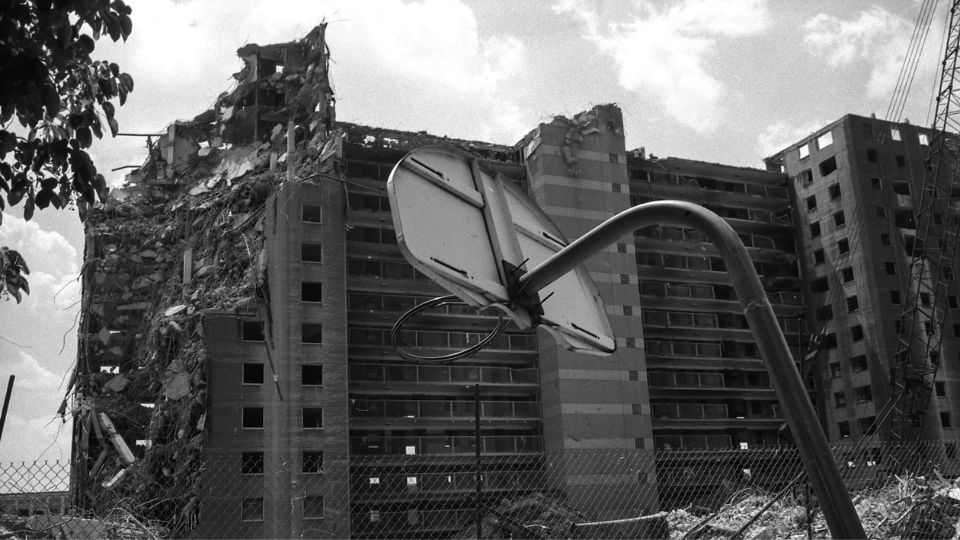Chicago, despite being the economic hub of the Midwest, struggles with a poverty rate of 16.9%. In this vast city, there are areas where economic struggles are evident, and people deal with daily obstacles due to lack of resources and opportunities. Today, we will explore the most impoverished areas in Chicago.
Washington Park
Washington Park is considered the most economically disadvantaged area in Chicago. This neighborhood in Chicago is known for being particularly unsafe. Nevertheless, Washington Park has a bright side, with its churches, cultural institutions, and a community facing economic challenges with faith and strength. Despite a median household income of $25,362 and a poverty rate of 47.6%, the community is dedicated to community empowerment and revitalization.
Englewood
Englewood ranks among the least affluent areas in Chicago. Englewood has a median household income of $28,865 and a poverty rate of 39.9%. Despite facing challenges such as a high number of foreclosed properties and a decreasing population, the neighborhood’s residents are dedicated to revitalizing and empowering their community.
West Englewood
West Englewood is considered one of the most economically disadvantaged areas in Chicago, with a median household income of $31,800 and a poverty rate of 31.3%. Community-driven efforts and grassroots organizations are tackling systemic problems and establishing routes to economic stability and empowerment.
Also Read: Exploring the Most Popular Types of Houses in the USA
Woodlawn
Woodlawn, a neighborhood in Chicago, also faces challenges related to poverty. Woodlawn, once a community of Dutch farmers, now faces the challenges of gentrification while preserving its historical importance. Striking a balance between preservation efforts and the necessity for fair development and affordable housing is crucial in this community, where the median household income is $33,687 and the poverty rate is 33.9%.
South Shore
South Shore is considered one of the more disadvantaged areas in Chicago. South Shore has a median household income of $35,455 and a poverty rate of 29.7%. It is located close to major institutions and attractions such as the University of Chicago and the Museum of Science and Industry. However, economic challenges continue, emphasizing the importance of thorough community development initiatives.
West Garfield Park
West Garfield Park in Chicago faces high levels of gun violence and economic inequalities, making it a challenging environment. With a median household income of $35,904 and a poverty rate of 31.6%, the community depends on coming together and working collectively to address systemic problems and create a safer environment for everyone.
Riverdale
Dealing with high unemployment and economic challenges, Riverdale has a median household income of $36,758 and a poverty rate of 20.7%. Even with obstacles, residents can enjoy recreational areas like Golden Gate Park and Kensington Marsh.
Greater Grand Crossing
Embracing its cultural richness amidst economic struggles, Greater Grand Crossing has a median household income of $37,443 and a poverty rate of 33.5%. The community’s resilience and potential for revitalization are highlighted by its proximity to institutions such as the South Shore Cultural Center and the University of Chicago.
East Garfield Park
East Garfield Park is known for the Garfield Park Conservatory, one of the largest conservatories in the United States. The area faces urban challenges, with a median household income of $38,722 and a poverty rate of 35%. In the face of economic challenges, the community maintains its natural beauty and cultural heritage, offering a sanctuary from urban development.



Leave a Reply